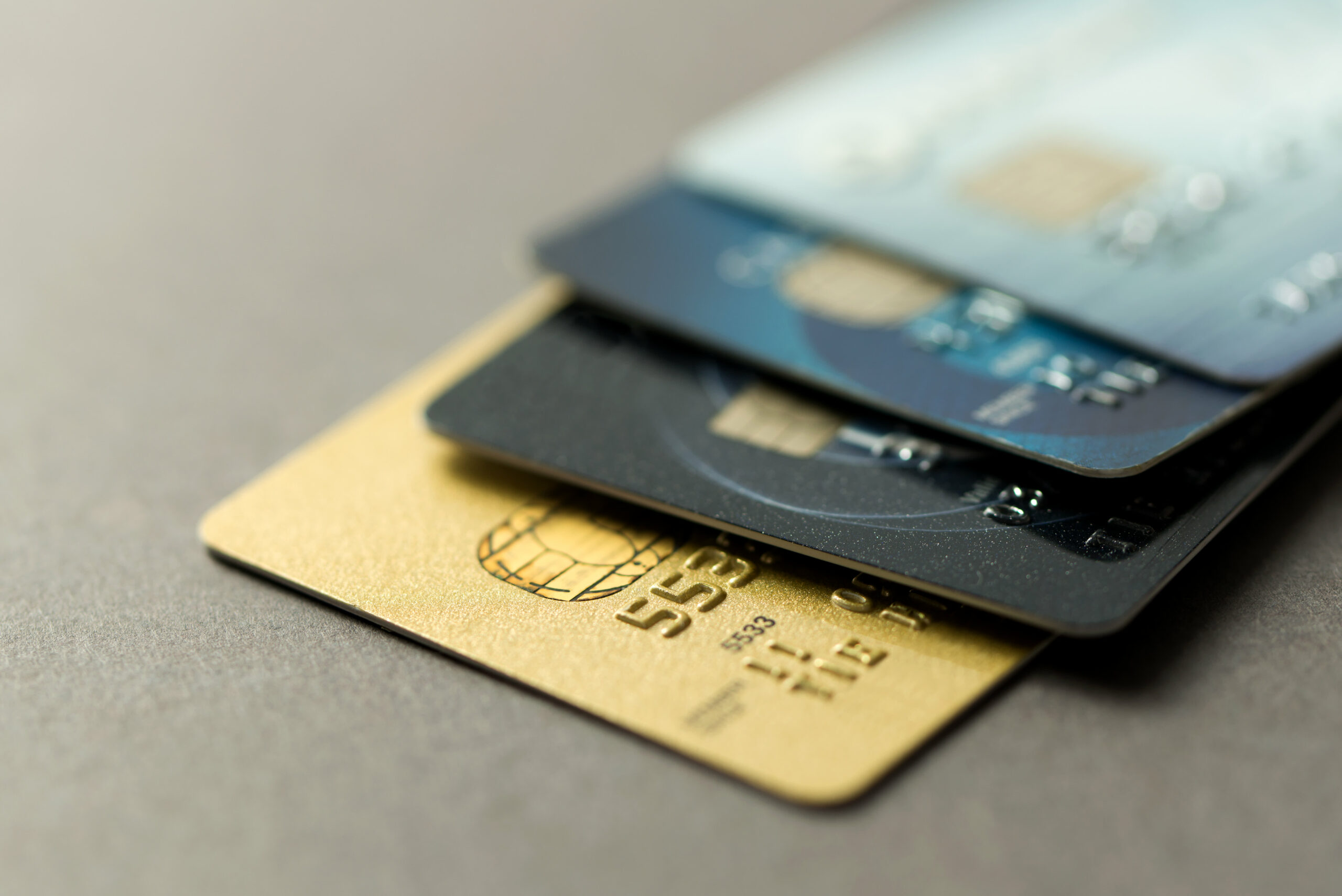In today’s fast-paced world, credit cards have become an integral part of our financial landscape. These tiny pieces of plastic offer convenience, flexibility, and rewards, making them a popular choice for consumers across the globe. However, as with any financial tool, using credit cards requires a responsible approach. In this comprehensive guide, we will delve into the world of credit cards, understanding how they work, their benefits, potential pitfalls, and tips for smart spending and financial management.
Understanding Credit Cards:
Credit cards are a type of revolving credit, allowing cardholders to borrow money from a financial institution (such as a bank) up to a predetermined credit limit. Unlike debit cards, which draw funds directly from the cardholder’s bank account, credit cards enable users to make purchases on credit, essentially borrowing money from the issuer to be repaid at a later date.
Benefits of Credit Cards:
- Convenience: Credit cards offer unparalleled convenience. They eliminate the need to carry large sums of cash and provide a secure payment method for both online and in-person transactions.
- Building Credit History: Responsible credit card usage can help individuals build a positive credit history. Timely payments and low credit utilization demonstrate creditworthiness, which is crucial for future financial endeavors like applying for loans or mortgages.
- Rewards and Perks: Many credit cards offer rewards programs, cashback on purchases, airline miles, or discounts at partner stores. By using credit cards wisely, cardholders can earn valuable perks while managing their finances effectively.
- Consumer Protection: Credit card transactions are protected by the Fair Credit Billing Act (FCBA), which limits cardholder liability for unauthorized transactions and allows them to dispute charges for undelivered goods or services.
- Emergency Fund: Credit cards can act as a financial safety net during emergencies when immediate cash is required for unexpected expenses.
Responsible Credit Card Management:
While credit cards offer numerous benefits, they can also lead to financial trouble if not used responsibly. Here are some tips for responsible credit card management:
- Pay On Time, Every Time: Late payments not only incur hefty fees but also negatively impact your credit score. Set up automatic payments or reminders to ensure you never miss a due date.
- Avoid Carrying Balances: Whenever possible, pay off the full balance each month to avoid interest charges. Carrying balances forward accrues interest, leading to mounting debt.
- Monitor Your Spending: Keep track of your credit card expenses regularly. Staying within your budget and being aware of your credit utilization ratio is essential for sound financial management.
- Choose Wisely: Select credit cards that align with your spending habits and offer rewards that you’ll actually use. Avoid signing up for multiple credit cards simultaneously, as each application can temporarily lower your credit score.
- Review Your Statements: Thoroughly check your credit card statements to ensure there are no unauthorized charges. If you spot any discrepancies, report them to your credit card issuer immediately.
Common Pitfalls:
- High-Interest Rates: Credit cards often come with higher interest rates than other forms of credit. Failing to pay the full balance can lead to substantial interest charges.
- Minimum Payments Trap: Making only the minimum payment can extend the debt repayment period, and you end up paying much more in interest over time.
- Excessive Utilization: Maxing out your credit card or using a significant portion of your credit limit can negatively impact your credit score.
- Cash Advances: Avoid using credit cards for cash advances as they usually come with steep fees and high-interest rates from the moment of withdrawal.
Conclusion:
Credit cards are valuable financial tools that offer convenience, rewards, and build credit history. When used responsibly, they can improve your purchasing power and provide a safety net during emergencies. However, careless credit card usage can lead to debt and financial stress.
Before applying for a credit card, carefully assess your financial situation and research various card options to find the one that best suits your needs. Once you have a credit card, manage it responsibly by paying bills on time, avoiding high-interest debt, and keeping a close eye on your spending.
Remember, the key to benefiting from credit cards lies in using them as a financial tool rather than a source of extra income. With discipline and prudence, you can make the most of credit cards while maintaining a healthy financial outlook.


